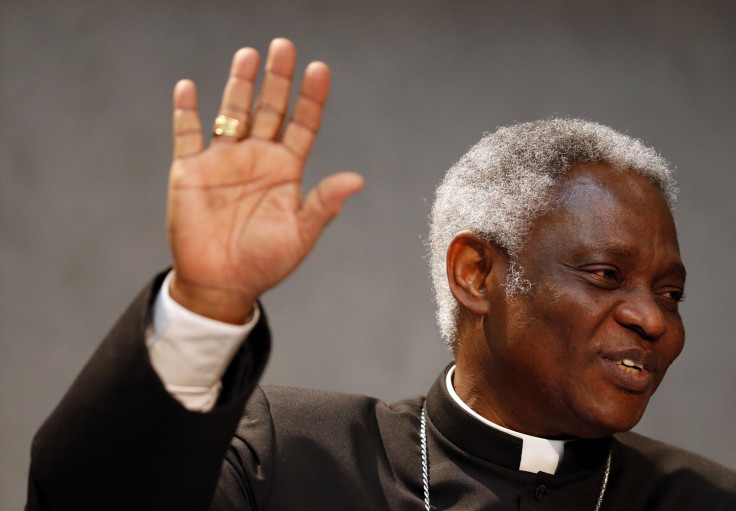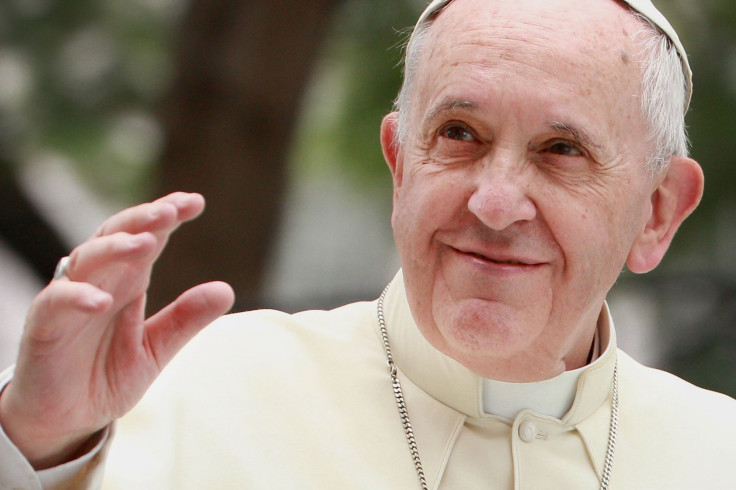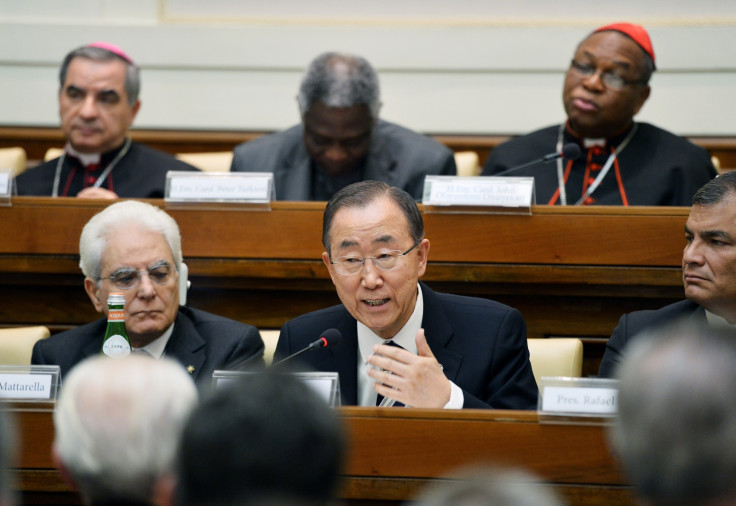Vatican calls for urgent action on climate change: Wealthiest have moral obligation to find solutions

The Vatican has called for urgent action on climate change at a major international conference, with Cardinal Peter Turkson saying the world's wealthiest have a moral obligation to seek out long-term solutions.
The conference was sponsored by the Pontifical Academy of Sciences and Turkson discussed climate change and the stewardship of the planet – the title of the conference being Protect the Earth, Dignify Humanity. It was attended by scientists and UN secretary general Ban Ki-moon, who delivered the keynote address.
Turkson's remarks come ahead of an encyclical on the environment that Pope Francis is expected to be released in June. The pope has previously said climate change must be tackled, saying those responsible for it having "slapped nature in the face".
In his speech, Turkson said the huge scientific, technological and economic progress made in recent centuries have been blighted by "dark sides", namely huge poverty while a "privileged global elite" controls the bulk of the wealth.
"Focussing on the natural environment, indifference, abusive treatment and the throwaway approach also apply to how we treat the natural world, the planet Earth, the garden that was given to us as our home," he said.
"Today, the ever-accelerating burning of fossil fuels that powers our economic engine is disrupting the earth's delicate ecological balance on almost-unfathomable scale.

"In our recklessness, we are traversing some of the planet's most fundamental natural boundaries. And the lesson from the Garden of Eden still rings true today – pride, hubris, self-centredness are always perilous, indeed destructive. The very technology that has brought great reward is now poised to bring great ruin."
He said the current economic development model of mankind's use of the planet is out of balance and that we must become "more protective" over it. To do this, he said sustainable technologies and economic solutions must be developed, with determined political leadership and a shift in moral attitude towards climate change.
"Without moral conversion and change of hearts, even good regulations, policies, and targets in the world are unlikely to prove effective. Without this ethical foundation, humanity will lack the courage to carry out even the most sensible policy proposals. Yet without effective policies, our moral energy is all-too-easily dispersed.
"Citizens of wealthier countries must stand shoulder to shoulder with the poor, both at home and overseas. They have a special obligation to help their brothers and sisters in developing countries to cope with climate change by mitigating its effects and by assisting with adaptation."
Turkson said the wealthiest countries that have benefited most from fossil fuels are "morally obligated" to find solutions for climate change and protect the environment and life.

"This moral obligation extends to all – political leaders, corporate leaders, civil society, and ordinary people too. Corporations and financial investors must learn to put long-term sustainability over short-term profit, and to recognize that the financial bottom line is secondary to, and at the service of, the common good ... At a time like this, the world is looking to faith leaders for guidance. This is why Pope Francis has chosen to issue an encyclical on protecting the environment at this unique moment in time."
Prior to the conference, some of the leading climate change sceptics assembled in Rome to say the environmental concerns highlighted were "non-issues".
Members of the Heartland Institute, based in Chicago, said they were there to "prevent the pope from making the mistake of having the UN as an advisor". Spokesman Jim Lakely explained: "He won't be getting the whole picture."
The Cornwall Alliance, a conservative Christian public policy group, also wrote an open letter to Pope Francis about the meeting. It said environmental scientists do not carefully report the evidence, but provide "highly speculative and theory-laden conclusions".
"We believe it is both unwise and unjust to adopt policies requiring reduced use of fossil fuels for energy. Such policies would condemn hundreds of millions of our fellow human beings to ongoing poverty. We respectfully appeal to you to advise the world's leaders to reject them."
© Copyright IBTimes 2025. All rights reserved.






















